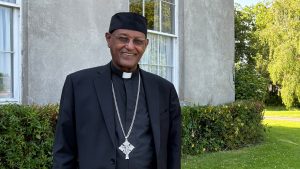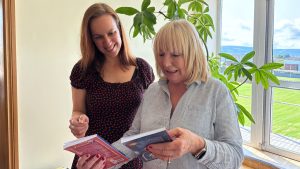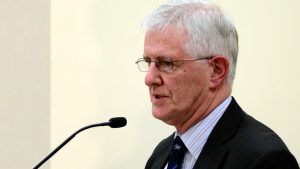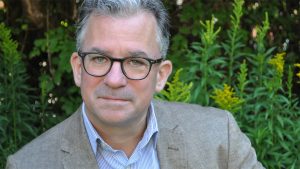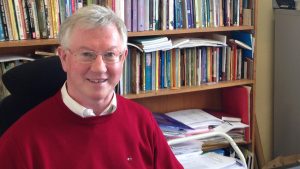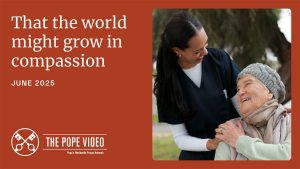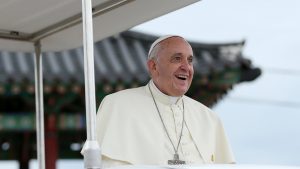William Johnston
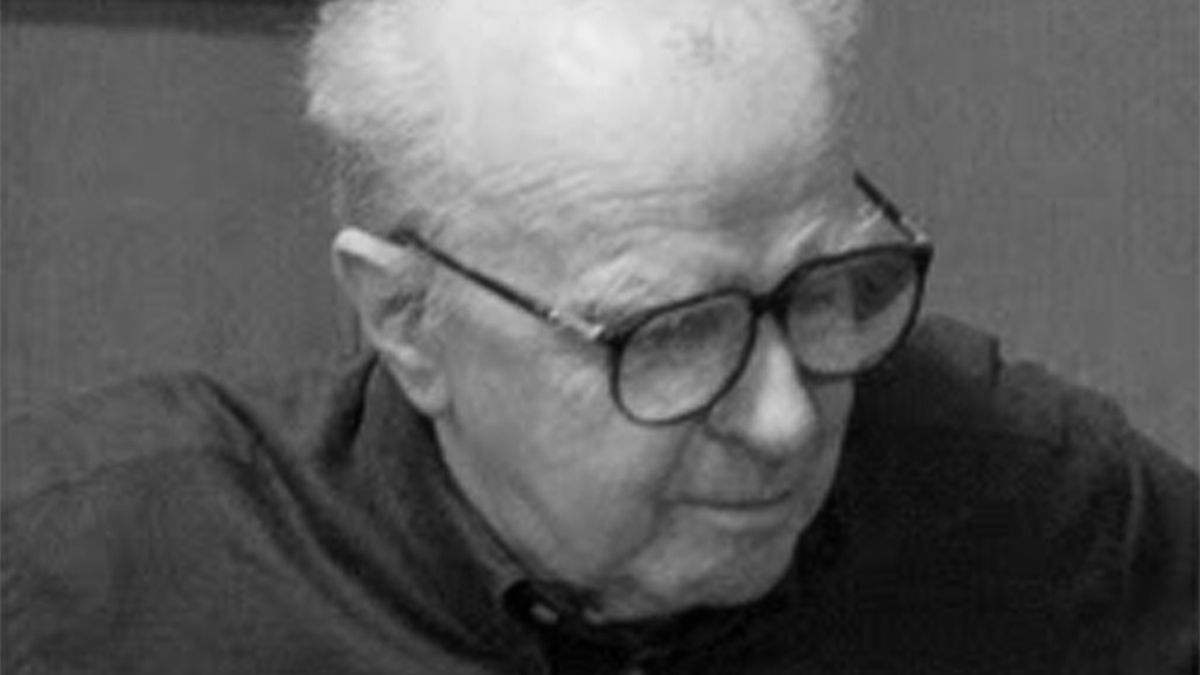
Born in a time in Northern Ireland when religious strife and segregation was prevalent, William Johnston went on to become one of the foremost persons in the area of interfaith dialogue, after encountering Buddhism while in Japan.
William Johnston was born in 1925 in Belfast, the youngest of four sons. When he was seven his family moved first to Holyhead in Wales, then to Liverpool. At fifteen he returned to Belfast, where he attended St Malachy’s College. In 1943, having finished school, Johnston entered the noviciate for the Society of Jesus, in Tullabeg, Co. Laois. While studying philosophy in Tullabeg, he was assigned to Japan, so in 1951 he travelled east. He first spent two years learning Japanese in a Jesuit community south of Tokyo, before moving to Sophia University in the city, where he taught English.
Johnston went to Japan expecting to preach and convert. While studying theology in Shakujii, however, he began to develop a fascination with Buddhism, in particular Zen Buddhism, and mysticism. He saw that for all the differences between his religion and those he encountered in Japan, when it came to meditation and the search for wisdom the great religions shared a common ground. From this revelation came what would be a lifelong involvement in inter-religious dialogue, in particular between Buddhism and Christianity.
When he travelled to Rome in 1958 for six months he further immersed himself in mysticism and transcendental meditation. He later called his time there a ‘revolution in my life’. Once he returned to Japan to resume teaching in 1960, having spent a short while in a New York parish, Johnston read the great 14th century mystical work, The Cloud of Unknowing. He was enthralled. He began then to write on it, work which he later turned into his doctoral thesis, later published as The Mysticism of the Cloud of Unknowing.
Following this Johnston’s next major endeavour was the translation of a novel called Chinmoku, written by Endo Shusaku, a Japanese Catholic. The book, released as Silence, tells the story of a Jesuit apostate in Japan, and because of this many of Johnston’s colleagues weren’t pleased that he chose it. The translation, released in 1969, was highly regarded, and it introduced the acclaimed novel and writer to a new audience. Johnston met Endo when undertaking the translation, and they remained friends until Endo’s death in 1996.
Johnston continued to write over the decades that followed, and he amassed a wider and wider following. He was in demand as a teacher and travelled extensively, to China, the Philippines, Australia and elsewhere. In 2006 he released an autobiography titled Mystical Journey. Johnston died in 2010, in Tokyo.


